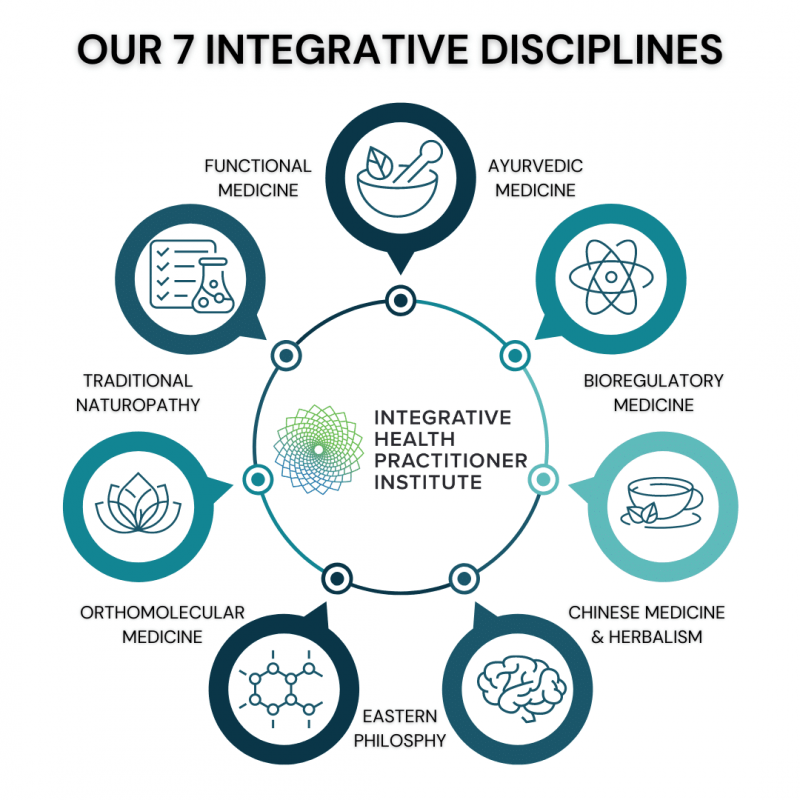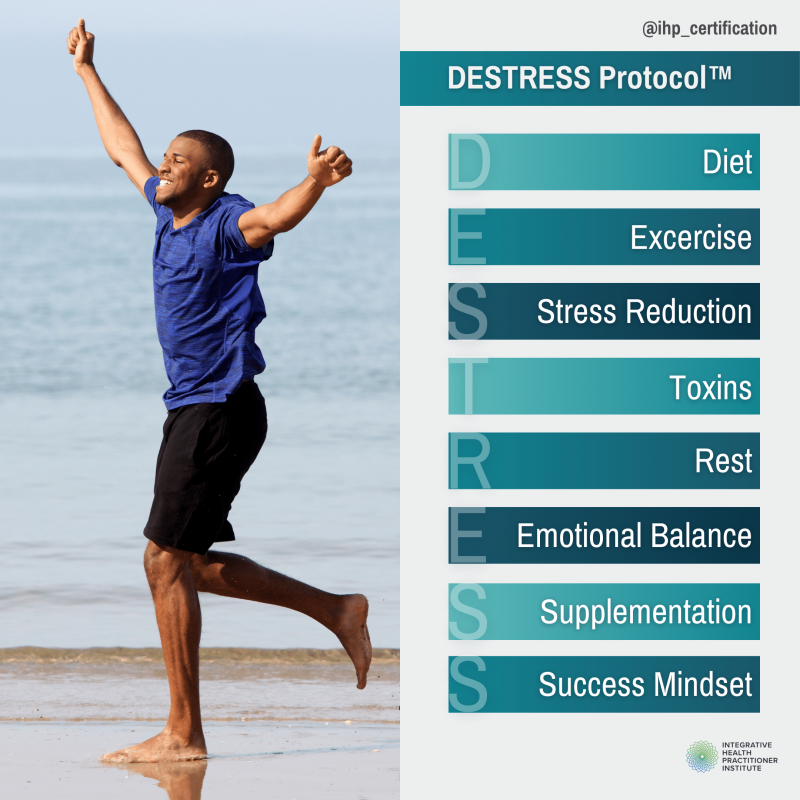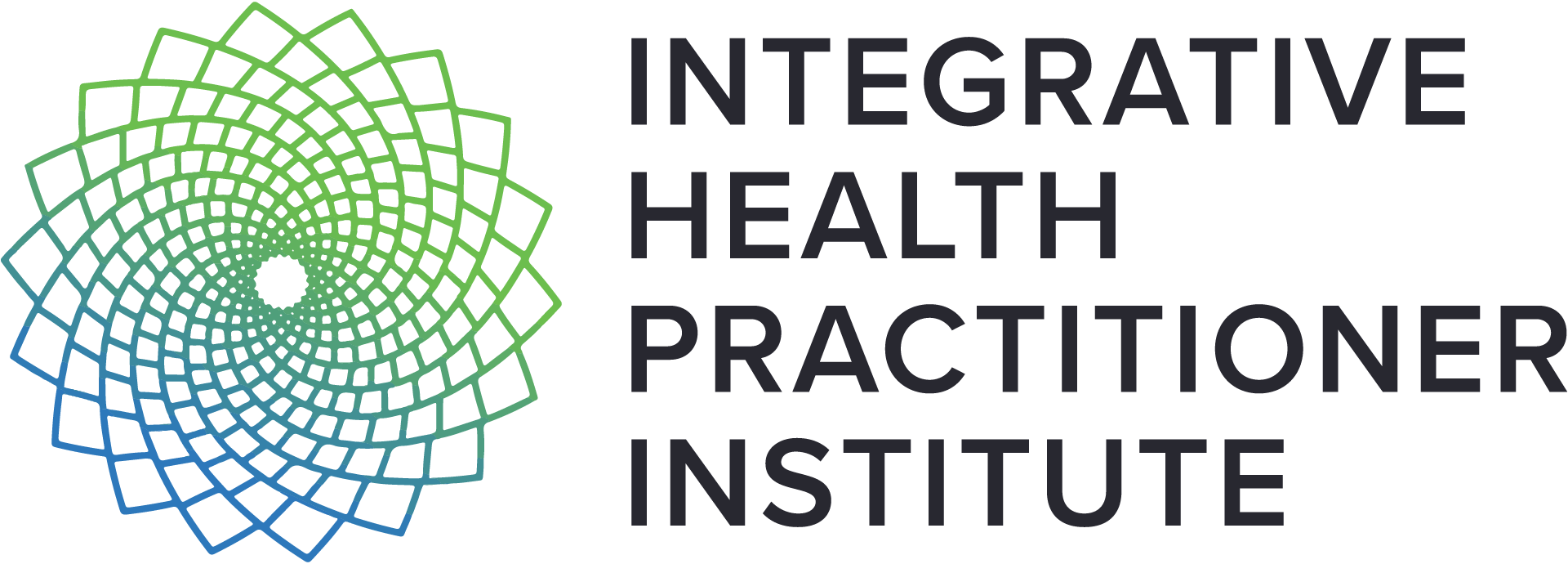“Integrative health seamlessly blends functional medicine with other critical disciplines to create a comprehensive approach to wellness.”
Integrative health combines the best of functional medicine with other essential disciplines. This approach ensures that we address all facets of a person’s well-being. When considering a career in health coaching, the debate between integrative health vs functional medicine often arises. Both approaches offer valuable insights, but only one provides a comprehensive solution. At the Integrative Health Practitioner Institute (IHPI), we believe in the power of a multi-disciplinary approach to achieve optimal health. In this blog, we’ll explore why integrative health offers a more complete path to wellness compared to functional medicine alone.

Integrative Health vs Functional Medicine: The Power of Functional Medicine
Functional medicine significantly advances modern healthcare by targeting the underlying root causes of disease rather than just treating symptoms. Conversely, instead of merely treating symptoms, functional medicine dives deep into understanding the unique biochemical and genetic makeup of an individual. Basically, this personalized approach helps practitioners tailor protocols that align with the client’s specific needs.
However, while functional medicine is powerful, it doesn’t encompass all aspects of health. All things considered, that’s where the debate of integrative health vs functional medicine comes into play.
Integrative Health vs Functional Medicine: The Multi-Disciplinary Approach of Integrative Health

Integrative health seamlessly blends functional medicine with other critical disciplines to create a comprehensive approach to wellness. Comparatively, this method ensures that we actively consider every aspect of a person’s well-being. Additionally, IHPI integrates seven key disciplines into our curriculum, which we weave throughout Dr. Cabral’s DESTRESS Protocol™:
1. Ayurvedic Medicine: An ancient Indian practice that balances doshas to harmonize physical, mental, and spiritual well-being through personalized approaches.
2. Bioregulatory Medicine: A holistic approach that emphasizes bioindividuality, supporting each person’s unique self-regulation and healing processes through detoxification and reducing inflammation.
3. Traditional Chinese Medicine: An ancient practice that balances the body’s energy (Qi) and harmonizes Yin and Yang to support overall health and vitality.
4. Traditional Naturopathy: A holistic approach to health that emphasizes natural remedies and the body’s inherent ability to heal itself.
5. Eastern Philosophy: Philosophical traditions from Asia emphasizing harmony, balance, and the interconnectedness of all things.
6. Orthomolecular Medicine: Uses optimal doses of vitamins and nutrients to prevent and correct health imbalances.
7. Functional Medicine: A client-centered approach addressing root causes to health challenges through a comprehensive understanding of body systems and interactions.
Furthermore, by integrating these disciplines, you’re not limited to a single approach. Most important, you’re equipped with tools to help clients achieve optimal, holistic health. Thus, the debate between integrative health vs functional medicine becomes clear: integrative health provides a broader, more comprehensive path to wellness.
Dr. Cabral’s DESTRESS Protocol™: A Practical Example of Integrative Health

Dr. Cabral’s DESTRESS Protocol™ is a comprehensive framework that addresses stress (internal and external) by viewing the body as a whole rather than focusing on a single system or approach. As a matter of fact, this protocol integrates various methods from our seven key disciplines to tackle stress from multiple angles. Specifically, DESTRESS stands for Diet, Exercise, Stress Reduction, Toxin Removal, Rest, Emotional Balance, Supplementation, and Success Mindset. All in all, each component is aimed at creating a balanced and personalized wellness plan by focusing on:
Diet, which tailors nutrition to reduce inflammation and support overall health.
Exercise, emphasizing physical activity suited to individual needs and capabilities.
Stress Reduction, targeting three main stressors on the body:
Work/Life Emotional Stress, including fear, overwhelm, anxiety, and depression.
GI Stress, such as H. pylori, parasites, SIBO, candida, and emotional impacts.
Viruses, like Epstein-Barr virus, Lyme disease, and herpes.
Toxin Removal, focusing on the elimination of environmental and dietary toxins from the body.
Rest, ensuring adequate sleep and relaxation for recovery and overall health.
Emotional Balance, supporting mental and emotional stability through various strategies.
Supplementation, using vitamins and minerals to fill nutritional gaps and support overall health.
Success Mindset, cultivating a positive mindset and resilience to overcome challenges and achieve health goals.
Certainly, Dr. Cabral’s DESTRESS Protocol™ demonstrates how integrative health can provide a more complete and personalized wellness plan by considering the body as a whole.
What You’ll Learn at the Integrative Health Practitioner Institute

When you enroll in our IHP Health Coaching Certification programs, you’ll dive deep into each of the seven disciplines. For example, you’ll explore how functional medicine addresses dis-ease at its core while also understanding the value of other approaches like Traditional Chinese Medicine and Ayurvedic Medicine. This well-rounded education allows you to craft individualized plans that consider every aspect of your client’s health. Additionally, you will master Dr. Cabral’s DESTRESS Protocol™ for a whole body approach to wellness.
Why Integrative Health Matters
As a matter of fact, choosing between integrative health vs functional medicine isn’t just about a preference. It’s about providing the most comprehensive care possible. Integrative health ensures that we leave no stone unturned. Above all, understanding and applying various disciplines will better equip you to guide your clients toward true, lasting health.
Get Started on Your Health Coaching Journey
Ready to explore the benefits of integrative health vs functional medicine? Schedule a call with one of our Admissions Counselors today to get started. Whether you’re curious about your options or have specific questions, we’re here to help you every step of the way. Our IHP Health Coaching Certification programs are designed to equip you with the knowledge and skills needed for success.
To learn more about potential career opportunities in this growing field, check out our blog titled Exploring 10 Career Paths for Integrative Health Practitioners.










